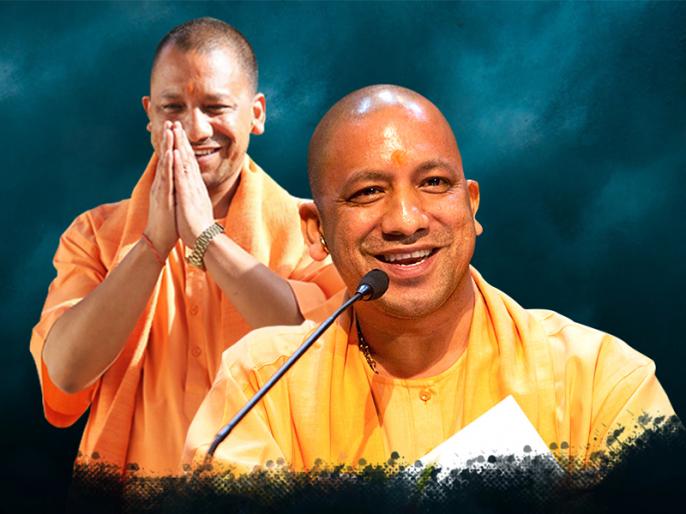Uttar Pradesh Gears Up for High-Stakes Lok Sabha Elections
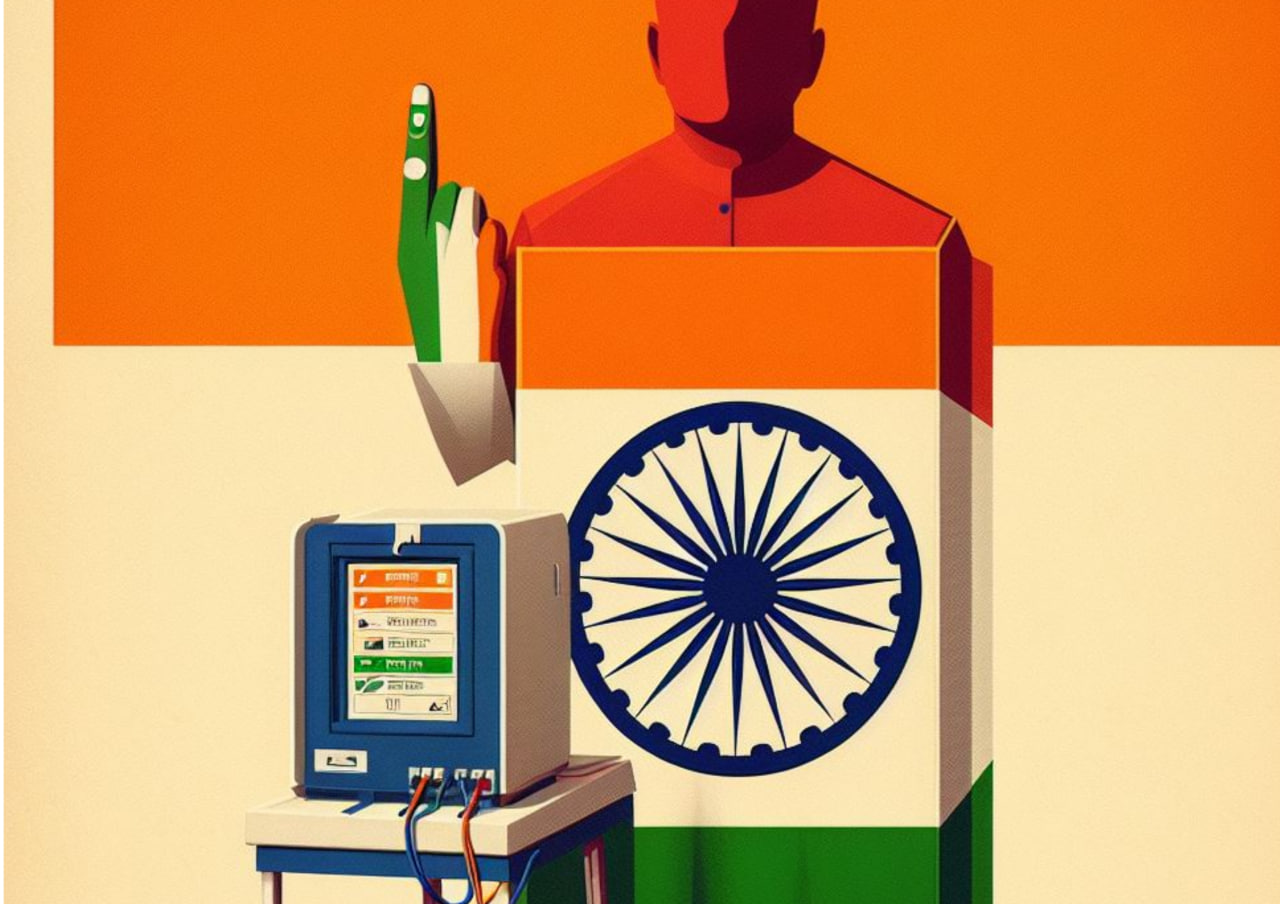
The electoral battleground is set, and the political pulse quickens as Uttar Pradesh, India's most populous state, braces for a momentous democratic exercise. The Lok Sabha elections, a grand spectacle of democracy, are poised to unfold across the state inseven phases.
In the heart of this electoral drama lies Bundelkhand, a region steeped in history and folklore. On May 20, the fifth phase of voting will sweep through its arid landscapes, casting ballots not only in Jhansi-Lalitpur but also across three other constituencies: Banda-Chatrakoot, Hamirpur-Mahoba, and Jalaun. These seats, nestled amid rugged terrain, hold the aspirations and dreams of their constituents.
As the sun rises on polling day, the fate of candidates hangs in the balance. The echoes of past victories resonate—the Bharatiya Janata Party (BJP) swept all four Bundelkhand seats in the previous Lok Sabha elections. Anurag Sharma emerged triumphant from Jhansi-Lalitpur, while RK Singh Patel secured Banda-Chitrakoot. Hamirpur-Mahoba chose Bhanu Pratap Verma, and Jalaun placed its trust in Kunwar Pushpendra Singh.
The administrative machinery hums with purpose. Meetings, reviews, and strategic maneuvers unfold as the election code of conduct takes hold. The stakes are high, and the nation watches with bated breath. In this electoral theater, where every vote counts, Uttar Pradesh stands at the crossroads of destiny.
On June 4, the counting of votes will reveal the verdict—a verdict that will shape the course of the nation. As the political fervor intensifies, the people of Bundelkhand prepare to etch their choices onto the ballot, leaving an indelible mark on the annals of Indian democracy.
Posted By: Prateek Singh
.gif)
.gif)
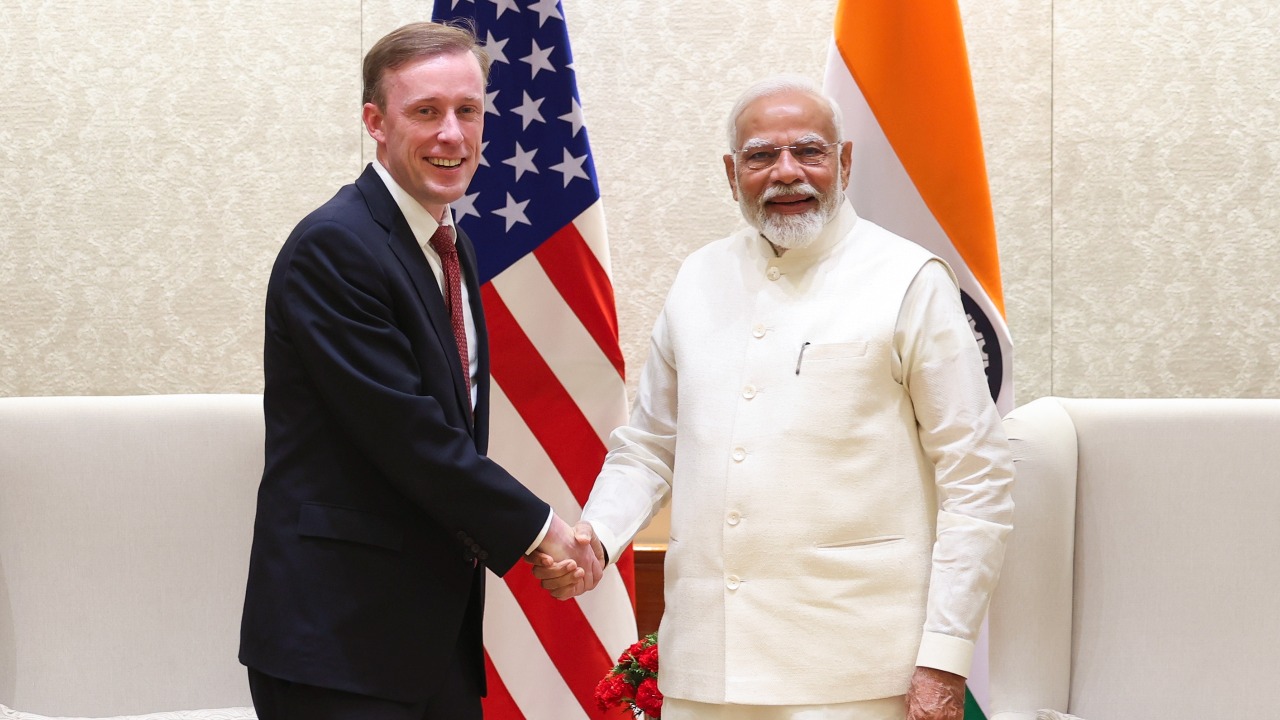
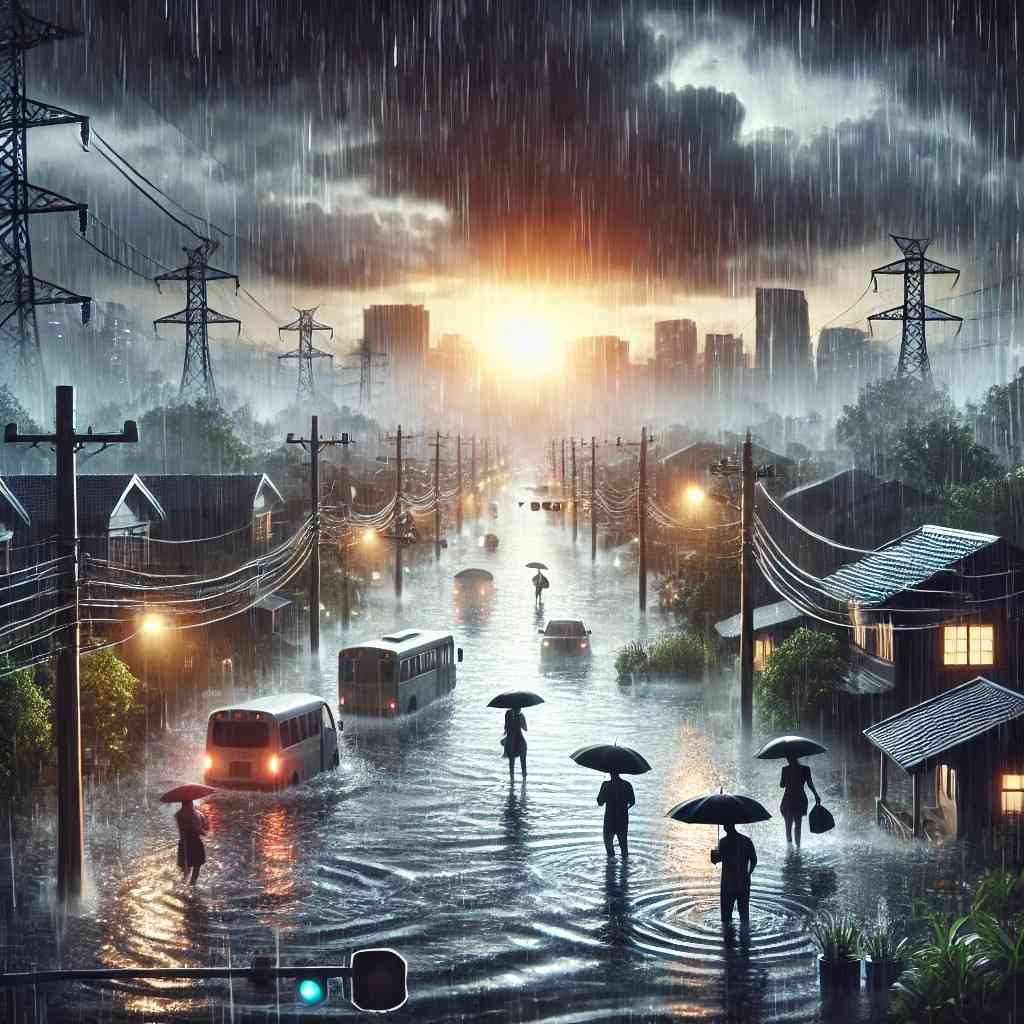

(1).png)
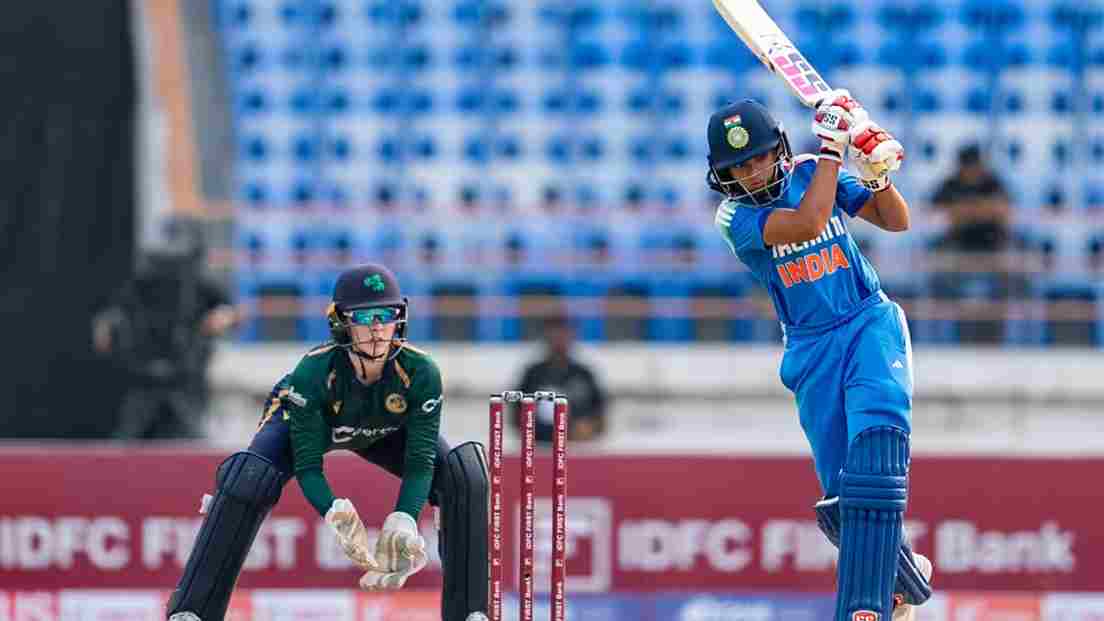
%20(600%20%C3%97%20450px).jpeg)
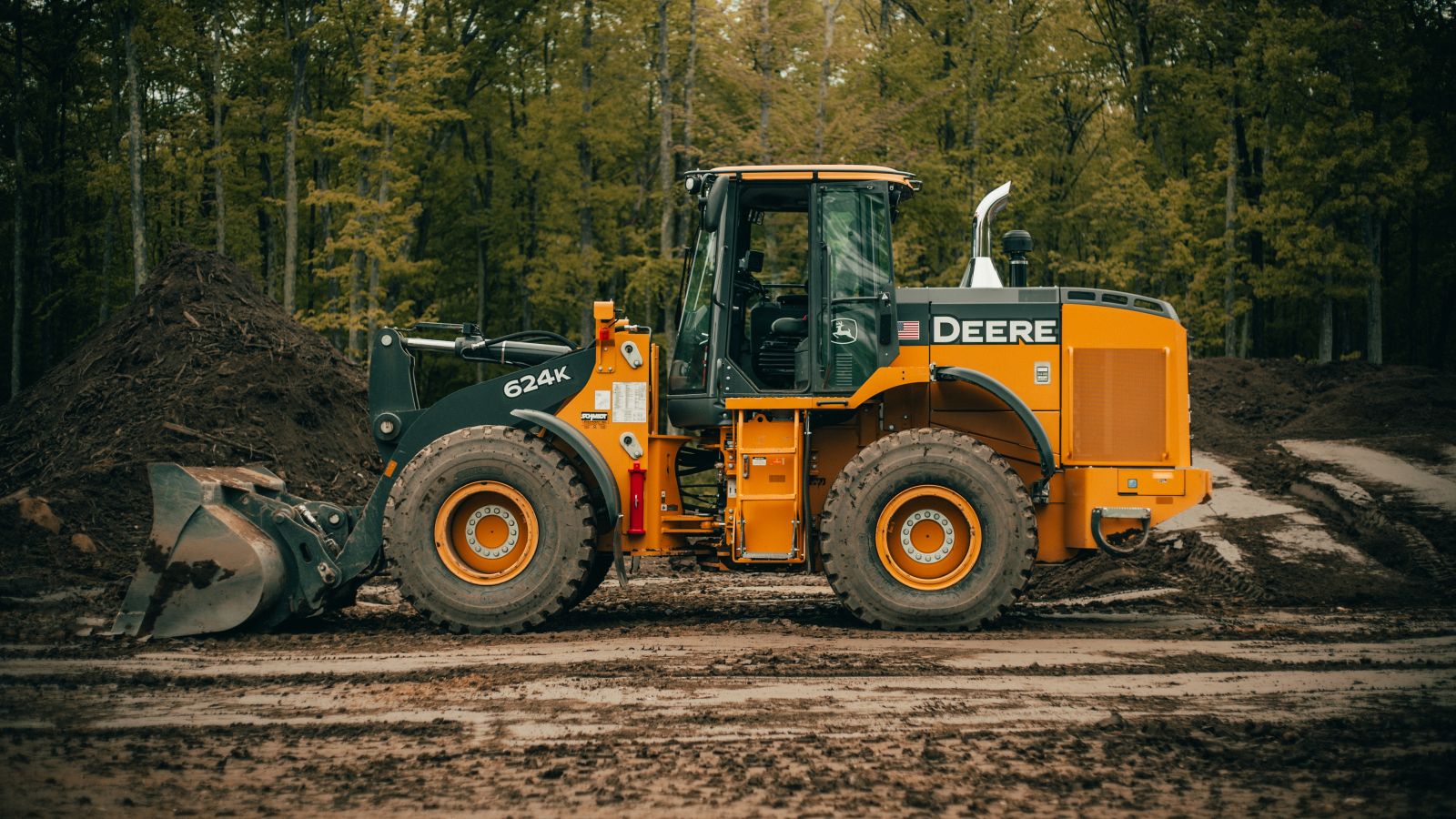
(1).jpeg)
